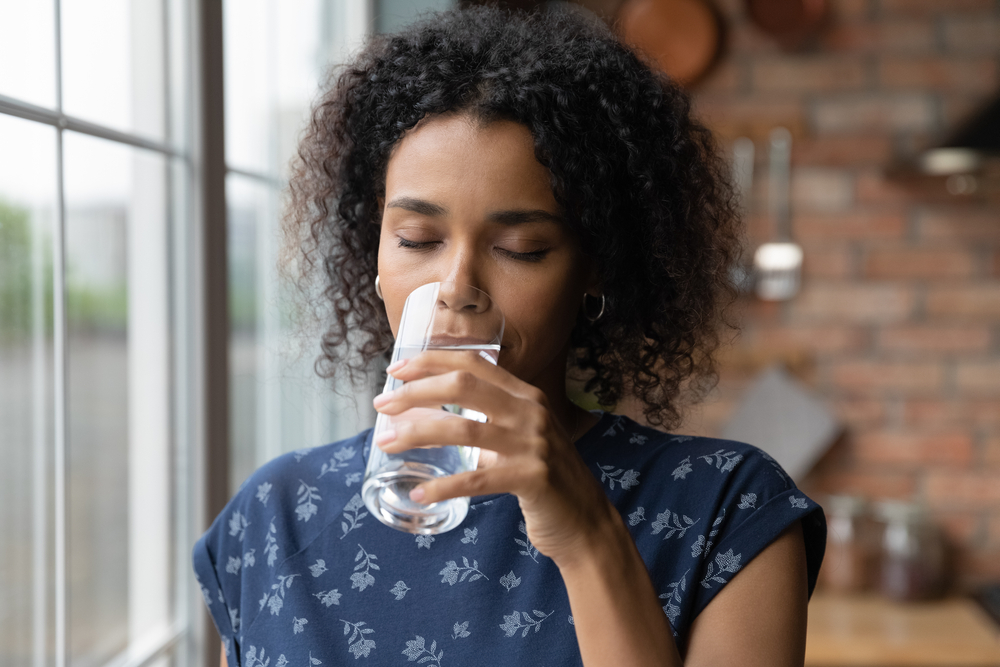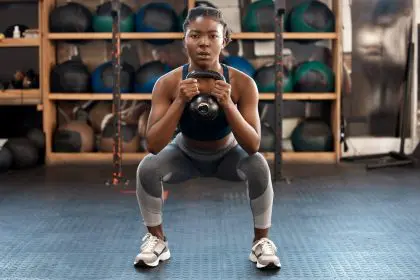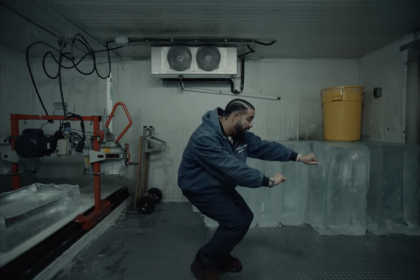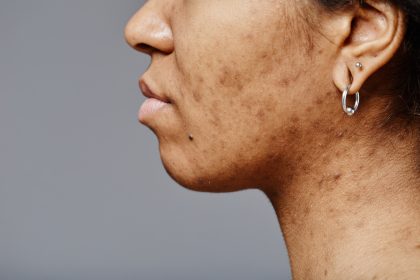Your body holds an incredible secret about 60% of it is water and this simple fact might be the key to understanding your blood pressure. Recent medical research has unveiled fascinating connections between your daily water intake and heart health that could revolutionize how we think about managing blood pressure naturally.
7 surprising ways hydration impacts your blood pressure
- Your blood volume directly responds to your water intake making dehydration a sneaky trigger for blood pressure changes that most people never suspect.
- When you’re dehydrated your body releases specific hormones that squeeze your blood vessels tighter potentially causing an unexpected spike in blood pressure.
- Proper hydration helps your heart pump blood more efficiently reducing the strain on your cardiovascular system throughout the day.
- Your kidneys need adequate water to filter waste and regulate blood pressure showing how hydration affects multiple systems in your body.
- Even mild dehydration can trigger compensatory mechanisms that impact your blood pressure without you realizing it.
- The right amount of water helps maintain proper blood thickness reducing the workload on your heart.
- Staying hydrated supports your body’s natural ability to regulate sodium levels which directly impacts blood pressure.
The dehydration paradox nobody talks about
When your body craves water something fascinating happens. Initially your blood pressure might drop as blood volume decreases but here’s the twist your body fights back. It releases powerful hormones that constrict your blood vessels trying to maintain normal pressure. This response can actually send your blood pressure soaring creating a surprising paradox that catches many people off guard.
Your perfect hydration formula
Forget one-size-fits-all advice. The latest research from top medical institutions reveals that men need about 15.5 cups of fluids daily while women require 11.5 cups. However these numbers aren’t set in stone. Your personal hydration needs depend on various factors including your activity level climate and overall health status.
Understanding your personal needs
Your body sends unique signals about its hydration requirements. Factors like exercise intensity weather conditions and certain medical conditions can significantly affect how much water you need. Learning to read these signals helps you maintain optimal hydration levels for your specific situation.
Beyond plain water
While water remains the gold standard for hydration certain beverages pack an extra punch for heart health. Hibiscus tea pomegranate juice beet juice low-fat milk and green tea contain powerful compounds that can help relax blood vessels and support healthy blood pressure levels naturally.
The power of natural alternatives
These beneficial beverages work through different mechanisms. Some contain nitrates that help dilate blood vessels others provide antioxidants that protect blood vessel health and some offer minerals essential for proper blood pressure regulation.
Your complete blood pressure protection plan
Hydration is just one piece of the puzzle. A comprehensive approach to blood pressure management includes several key lifestyle factors that work together synergistically:
Smart nutrition choices
Focus on foods rich in potassium magnesium and fiber while limiting sodium intake. This balanced approach supports your body’s natural blood pressure regulation mechanisms.
Strategic physical activity
Regular exercise strengthens your heart and improves blood vessel function. Even moderate activity like brisk walking can make a significant difference in your blood pressure levels.
Stress management techniques
Chronic stress can elevate blood pressure so incorporating stress-reduction practices into your daily routine becomes crucial for heart health.
Warning signs you shouldn’t ignore
High blood pressure earned its nickname “the silent killer” because it often goes unnoticed for years. While staying hydrated helps many people still need to watch for warning signs that require medical attention. Persistent headaches dizziness or chest pain deserve immediate medical evaluation especially if your blood pressure readings consistently exceed 130/80 mm Hg.
Understanding your numbers
Regular blood pressure monitoring helps you catch potential problems early. Keep track of your readings and note any patterns or significant changes that might need medical attention.
Taking control of your heart health
Armed with this knowledge you’re better equipped to manage your blood pressure naturally. Remember that hydration while crucial is just one component of a heart-healthy lifestyle. Small consistent changes in your daily habits can lead to significant improvements in your blood pressure over time.
Creating sustainable habits
Start by setting realistic hydration goals and gradually incorporating other healthy practices into your routine. Track your progress and celebrate small victories as you work toward better heart health.
Remember while these strategies can help support healthy blood pressure levels always consult with healthcare providers about your specific situation. They can help you develop a personalized plan that takes into account your unique health needs and circumstances.
By understanding the intricate relationship between hydration and blood pressure you can take proactive steps to support your heart health naturally. Stay consistent with your water intake monitor your blood pressure regularly and make informed choices about your overall health habits.

















